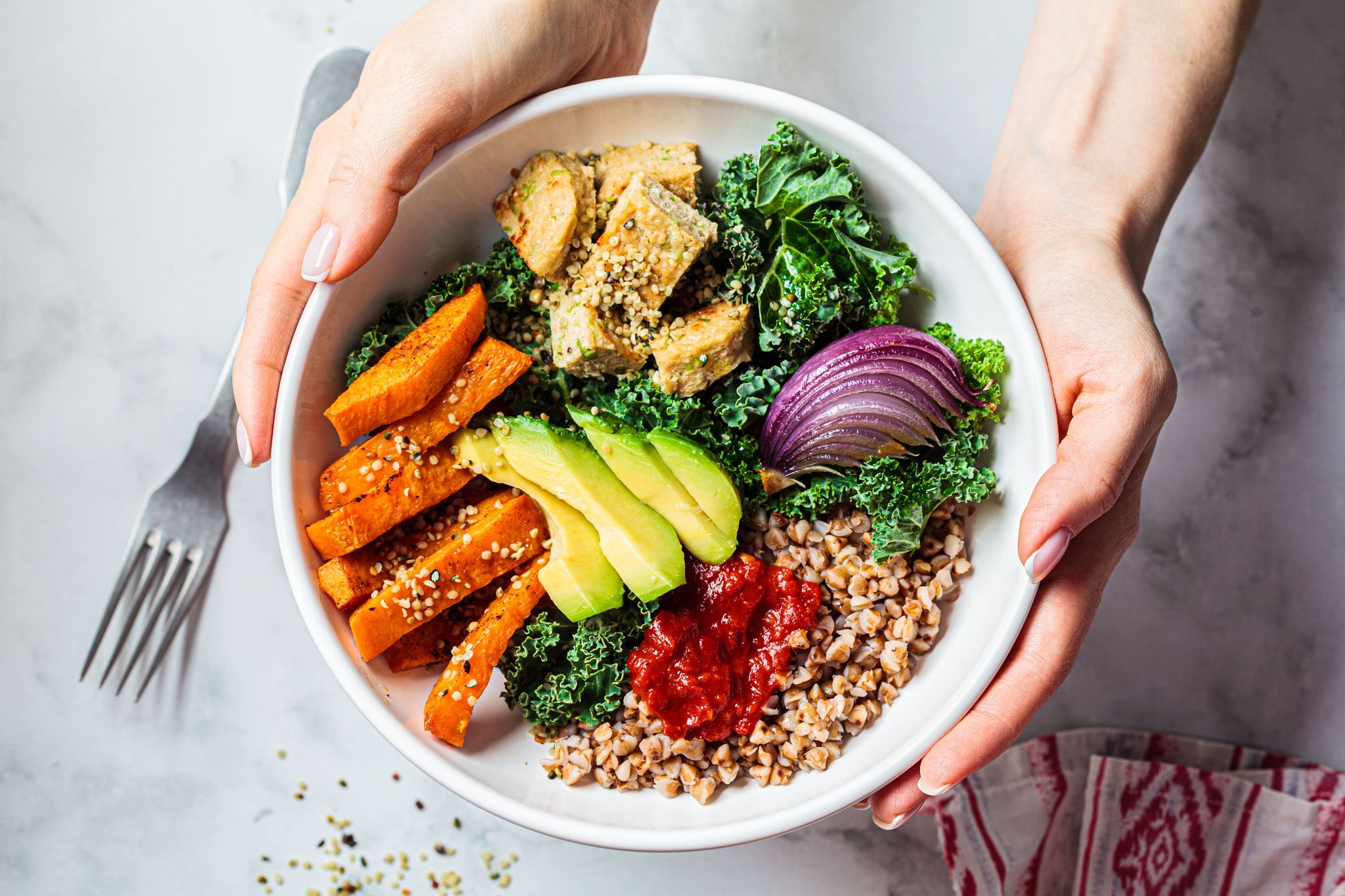
Diet Tips for Managing Menopause Symptoms
Menopause brings a host of changes, and diet can play a crucial role in managing the symptoms. From hot flashes to mood swings, what you eat can have a significant impact on how you feel. This article provides diet tips to help you navigate menopause with greater ease and comfort.
Title
